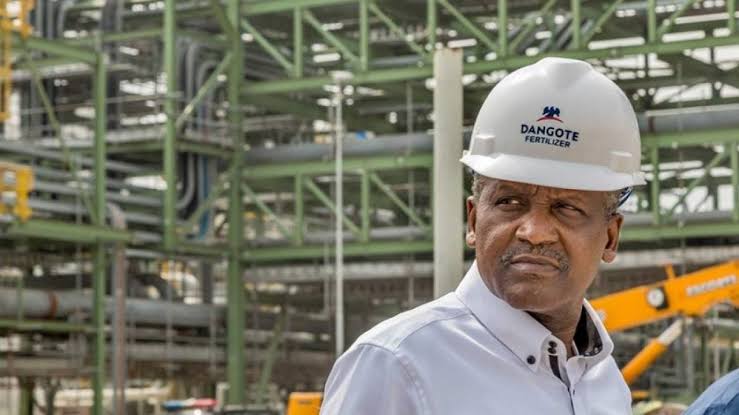Aliko Dangote, Chairman of the Dangote Group, announced that Nigeria will no longer need to import premium motor spirit (PMS) by next month, thanks to the Dangote Refinery’s plans.
Speaking at the Africa CEO Forum Annual Summit in Kigali, Dangote revealed that the refinery has already started supplying diesel and aviation fuel within Nigeria and has the capacity to meet the fuel needs of West Africa and beyond.
“Right now, Nigeria has no cause to import anything apart from gasoline. By sometime in June, within the next four or five weeks, Nigeria shouldn’t import any gasoline; not one drop,” Dangote stated.
He said that the refinery’s production capabilities will significantly reduce Africa’s dependence on fuel imports. “We have enough gasoline for all of West Africa, enough diesel for West and Central Africa, and enough aviation fuel for the entire continent, with additional exports to Brazil and Mexico,” he said.
Highlighting the refinery’s extensive range, Dangote mentioned that it will also produce polypropylene and polyethylene to meet Africa’s demand, as well as base oil and linear benzene for detergents, making the continent self-sufficient in these materials.
“Our goal is to make Africa self-sufficient in key industrial materials within the next three to four years. We will no longer need to import fertilizers like potash, phosphate, and urea. In twenty months, we aim to double our urea production capacity to six million tonnes,” Dangote added.
Reflecting on his vision for the refinery, Dangote shared his motivation to invest heavily in Africa, aiming to transform the continent’s economic landscape. “We had this dream five years ago to increase our revenue from five billion dollars to thirty billion dollars, and we made it happen. Now, we have one of the world’s largest refineries, which will reduce Africa’s dependency on petroleum imports,” he said.
He stressed the importance of producing finished goods locally to create jobs and reduce poverty. “Exporting raw materials and importing finished products brings poverty. We need to change that narrative,” Dangote asserted.
The refinery, commissioned in February, is now producing jet fuel and diesel, with gasoline production set to begin next month. With a capacity of 650,000 barrels per day, the refinery is poised to supply not only Nigeria but also West, Central, and Southern Africa.
“We are expanding further, with the next phase starting early next year,” Dangote concluded, highlighting the refinery’s significant impact on the African economy and its role in transforming the continent’s energy sector.



























